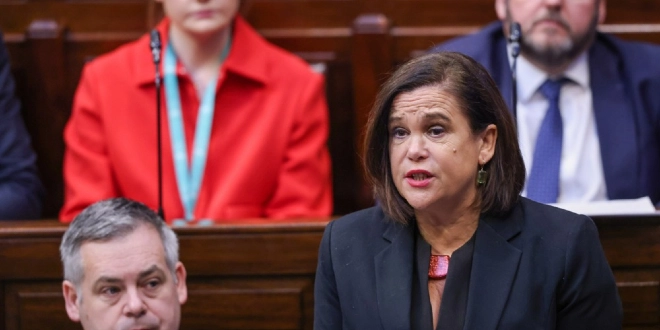The ongoing dispute over Dáil speaking rights has escalated, with Ceann Comhairle Verona Murphy informing Opposition party leaders that consensus on the matter appears unattainable. She emphasized that amending standing orders, which govern parliamentary procedures, is a responsibility of the Dáil and not her office, and she cannot prevent a vote on such issues.
This development precedes a crucial meeting of the Dáil Reform Committee aimed at resolving the impasse. The Government proposes allocating speaking opportunities to Regional Independent TDs and Government backbenchers on Wednesdays and Thursdays, considering it a fair compromise to address Opposition concerns. However, Opposition parties argue that this move undermines their role and have threatened to withdraw cooperation on establishing Oireachtas committees if the proposal is enforced.
The controversy has previously disrupted parliamentary proceedings, notably delaying the nomination of Micheál Martin as Taoiseach. Sinn Féin’s Chief Whip, Padraig MacLochlainn, criticized the Government’s approach as a “power grab,” warning of significant fallout if the proposal passes. In contrast, Government Chief Whip Mary Butler anticipates a “robust” discussion in the upcoming committee meeting, emphasizing the necessity to adapt standing orders to reflect the Dáil’s current composition.
The Government maintains that its proposal does not reduce Opposition speaking time but seeks to include all TDs’ mandates in parliamentary discourse. They highlight that, without amending standing orders, 53 backbenchers would lack the opportunity to pose Priority Questions. The suggested solution involves adding one additional priority question per session, extending proceedings by six minutes, to accommodate backbenchers and currently unrecognized groups.
Ceann Comhairle Murphy’s recent ruling denied the Regional Independent Group’s request to form a technical group for opposition speaking time, a decision accepted by the Government and the group, though it has intensified the debate over parliamentary reform and the balance of power between Government and Opposition.
 The Daily Star Ireland
The Daily Star Ireland

